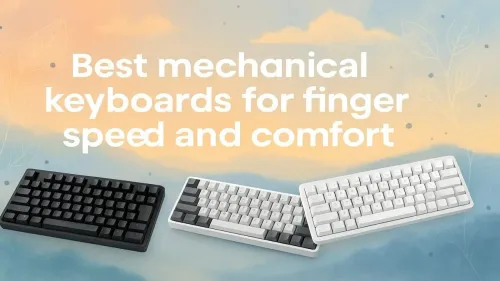
Speedy & Comfortable Typing
Looking for the best mechanical keyboards for speed and comfort? 🚀 Find keyboards that boost finger speed, reduce fatigue, and enhance productivity.
Debating a mechanical vs membrane keyboard? This guide reveals why mechanical keyboards deliver superior durability, tactile feedback, and customization for an unmatched typing and gaming experience. Discover the key benefits and decide if this upgrade is right for you. ⌨️✨
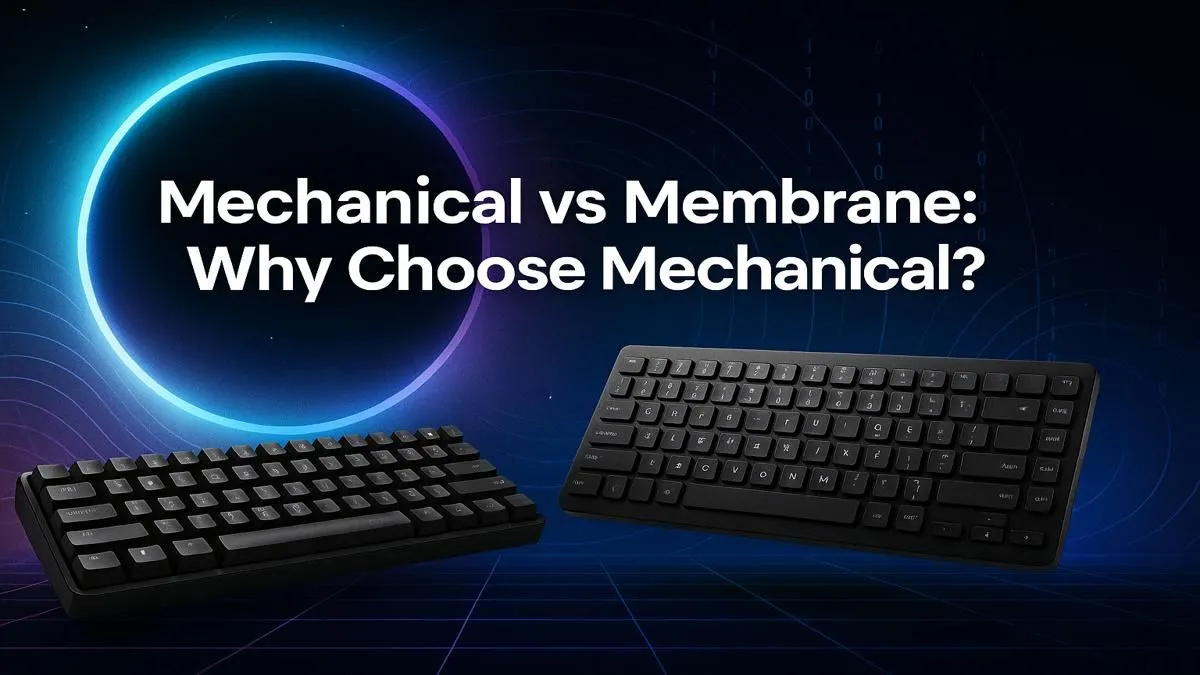
Tired of that mushy, uncertain feeling from your keyboard during a clutch moment in Apex Legends? You press a key for your ultimate, but it feels like you’re pushing it through mud… and nothing happens. For too long, South African gamers have settled for basic peripherals. It’s time to settle the great mechanical vs membrane keyboard debate. Let’s dive into why upgrading to a mechanical keyboard is absolutely worth it for your performance and enjoyment.
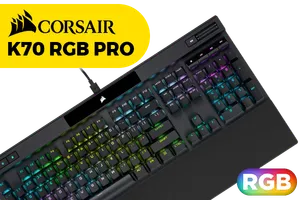





At first glance, all keyboards look pretty similar. They have keys, they connect to your PC, and they let you type. But the technology under those keycaps is worlds apart, and it makes a massive difference to your daily experience, whether you're gaming, coding, or just typing up an email.
A membrane keyboard is what you’ll find in most offices and bundled with pre-built PCs. It uses a single, flexible rubber or silicone sheet under the keys. When you press a key, it pushes down on this membrane, completing a circuit.
They’re quiet and cheap to produce, which is why they’re so common. While fine for casual use, they often feel "mushy" and lack precise feedback. This can lead to missed keystrokes in fast-paced games. Many affordable keyboard and mouse combos use membrane technology to keep costs down, offering a great entry point for new PC builders.
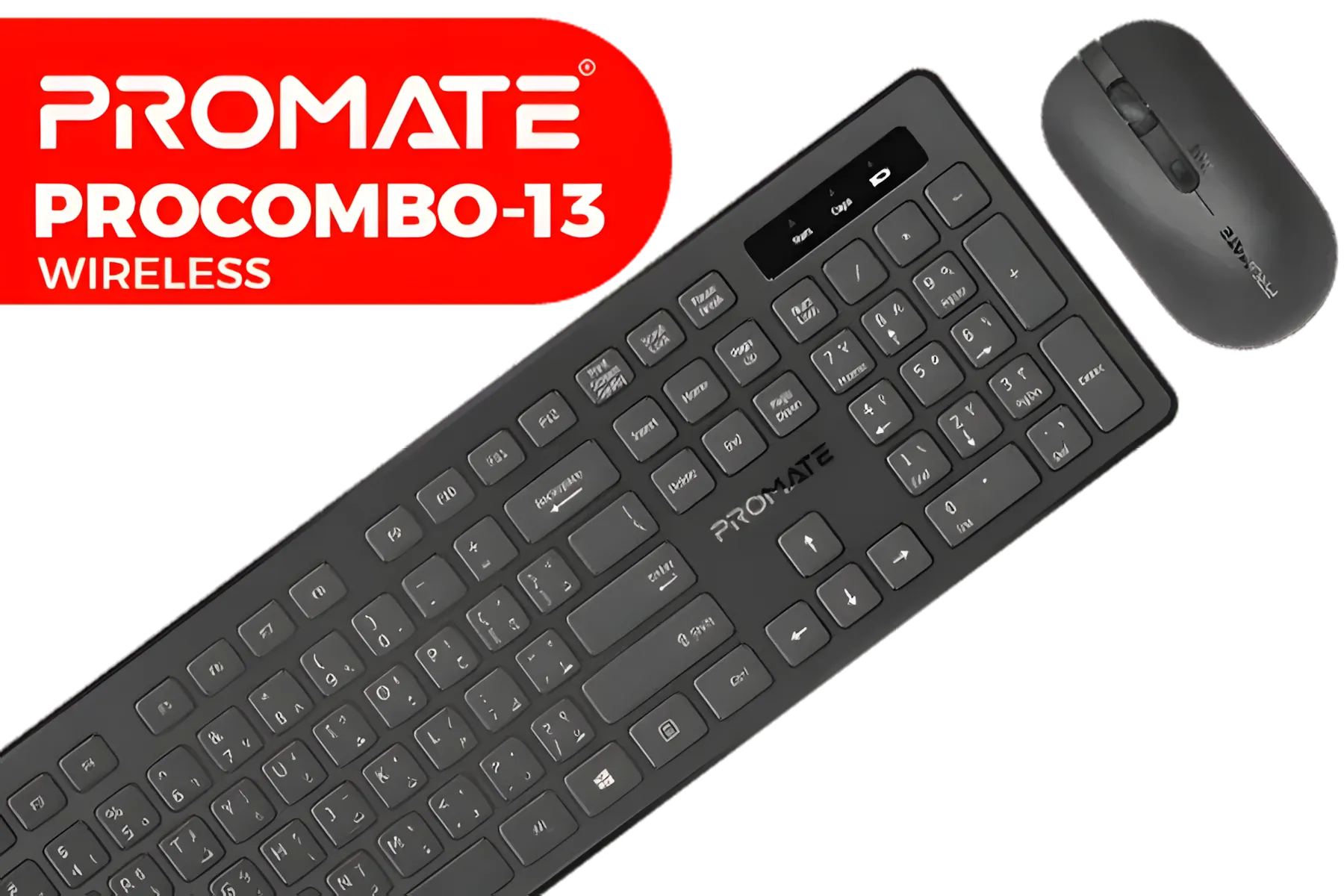
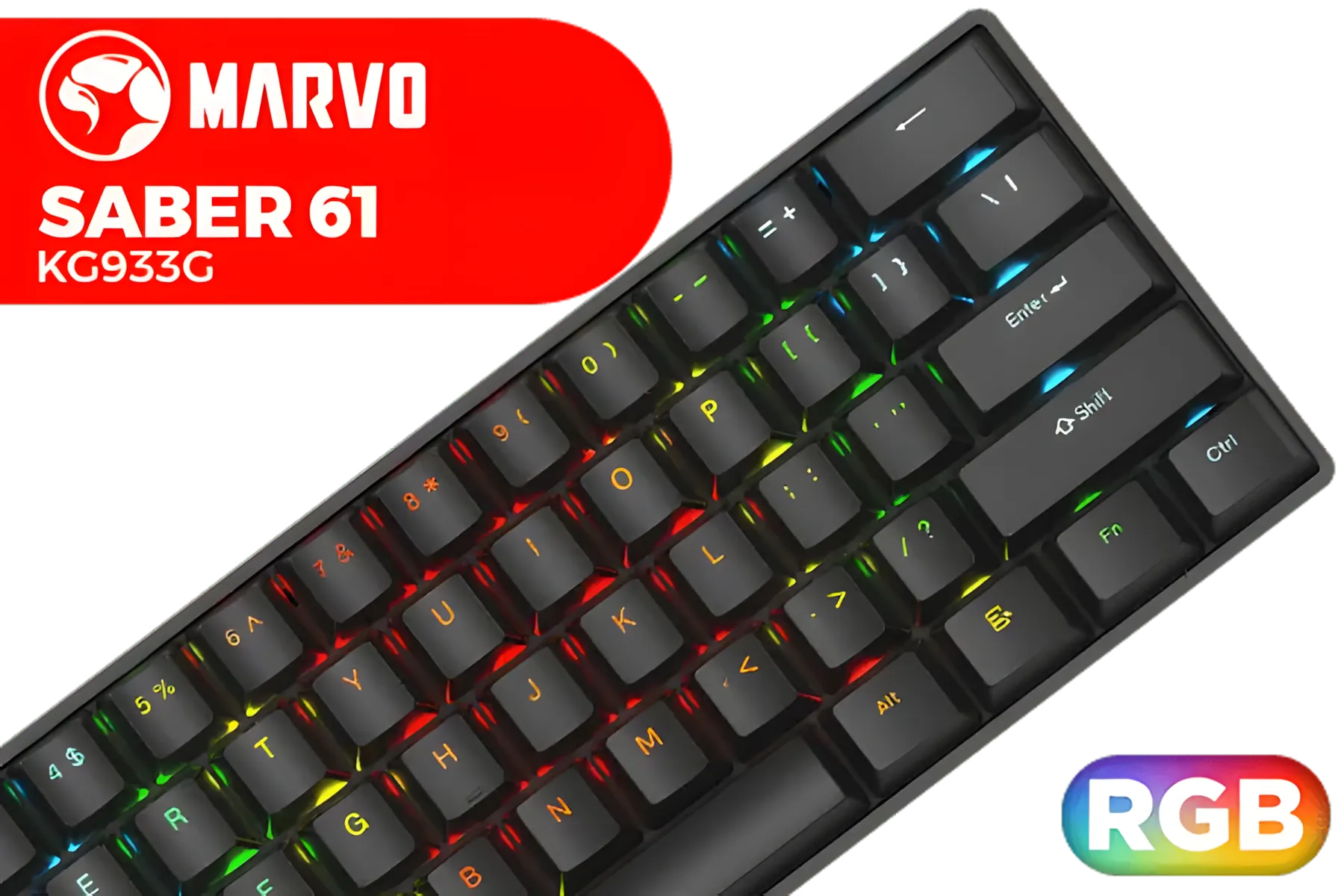
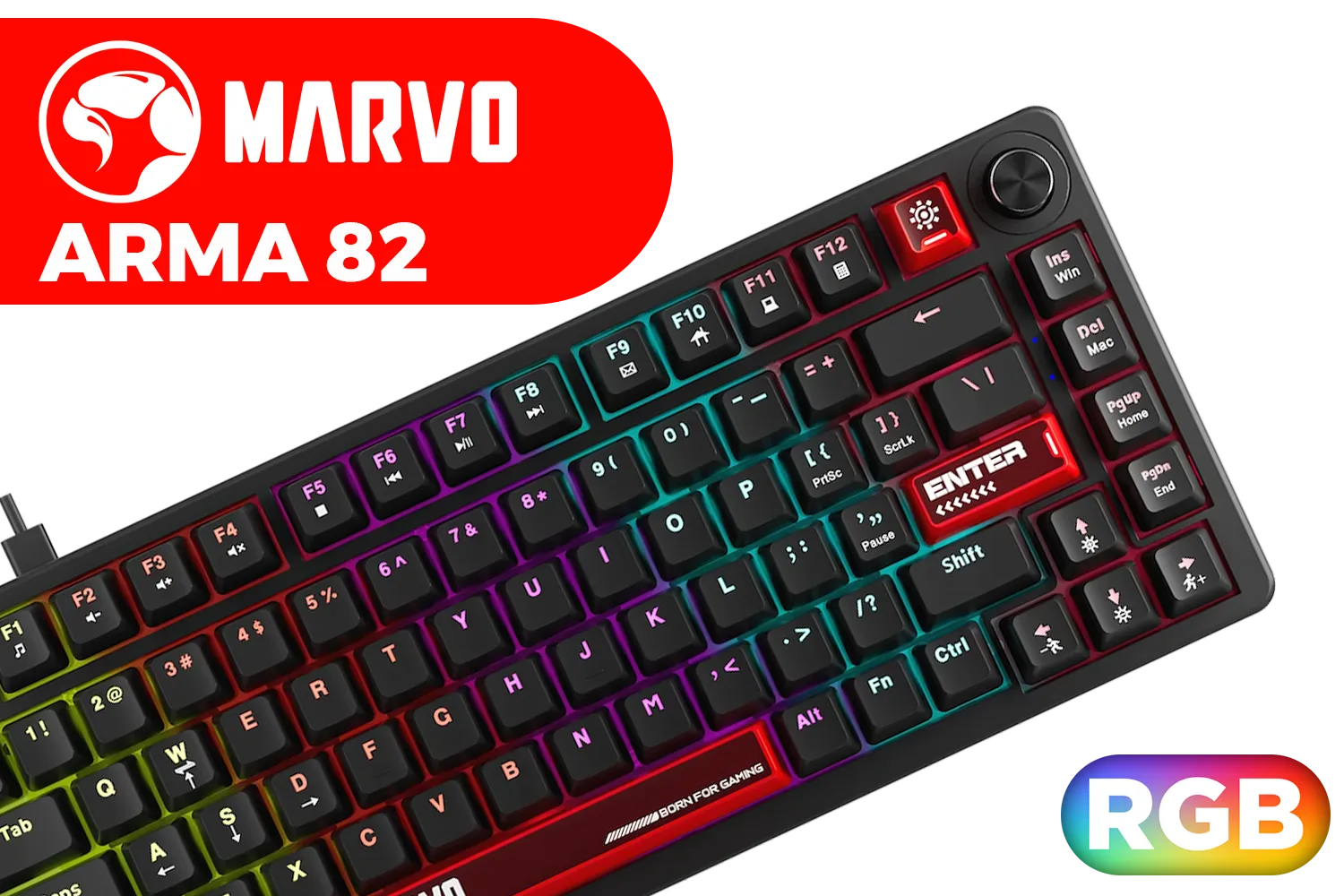
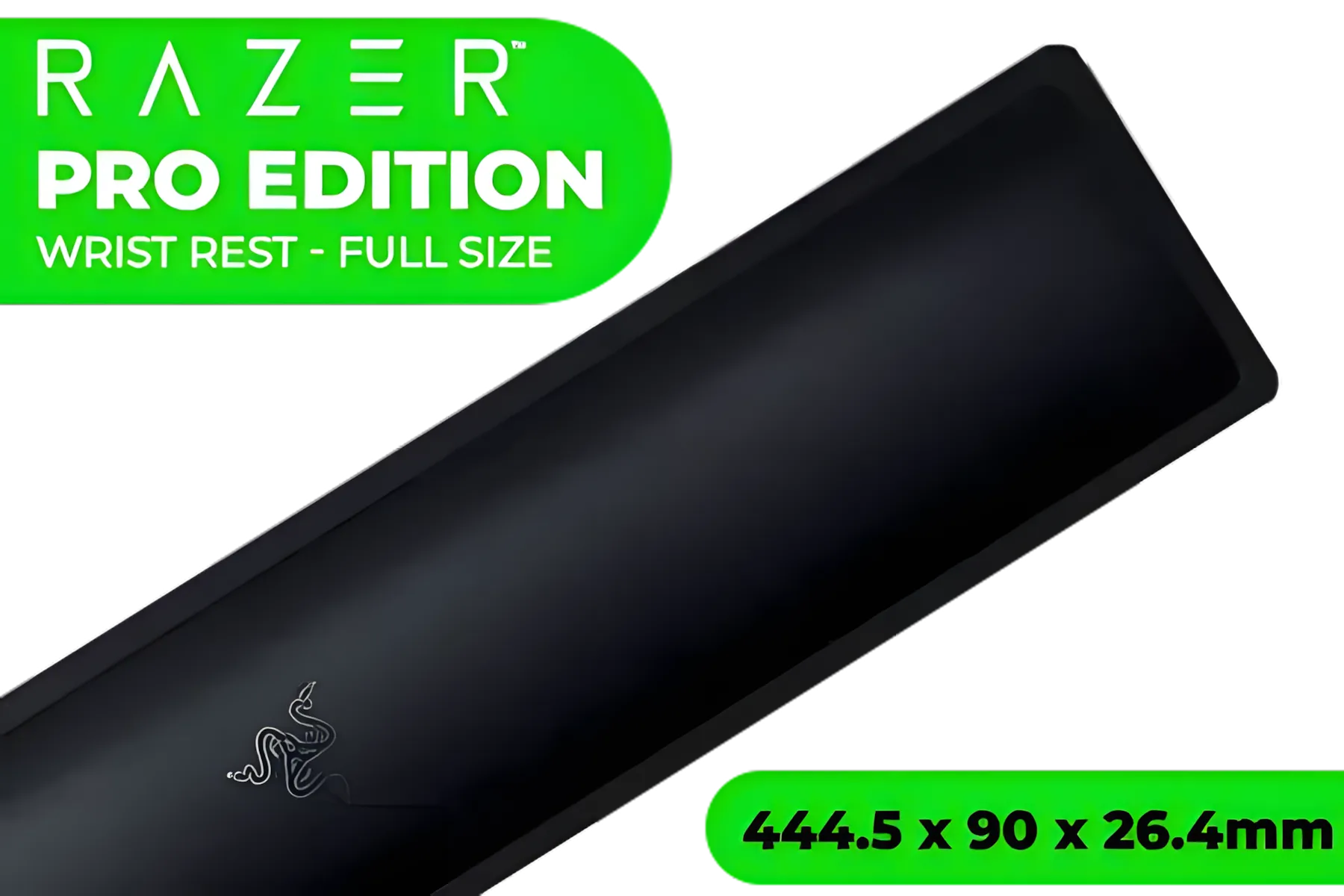

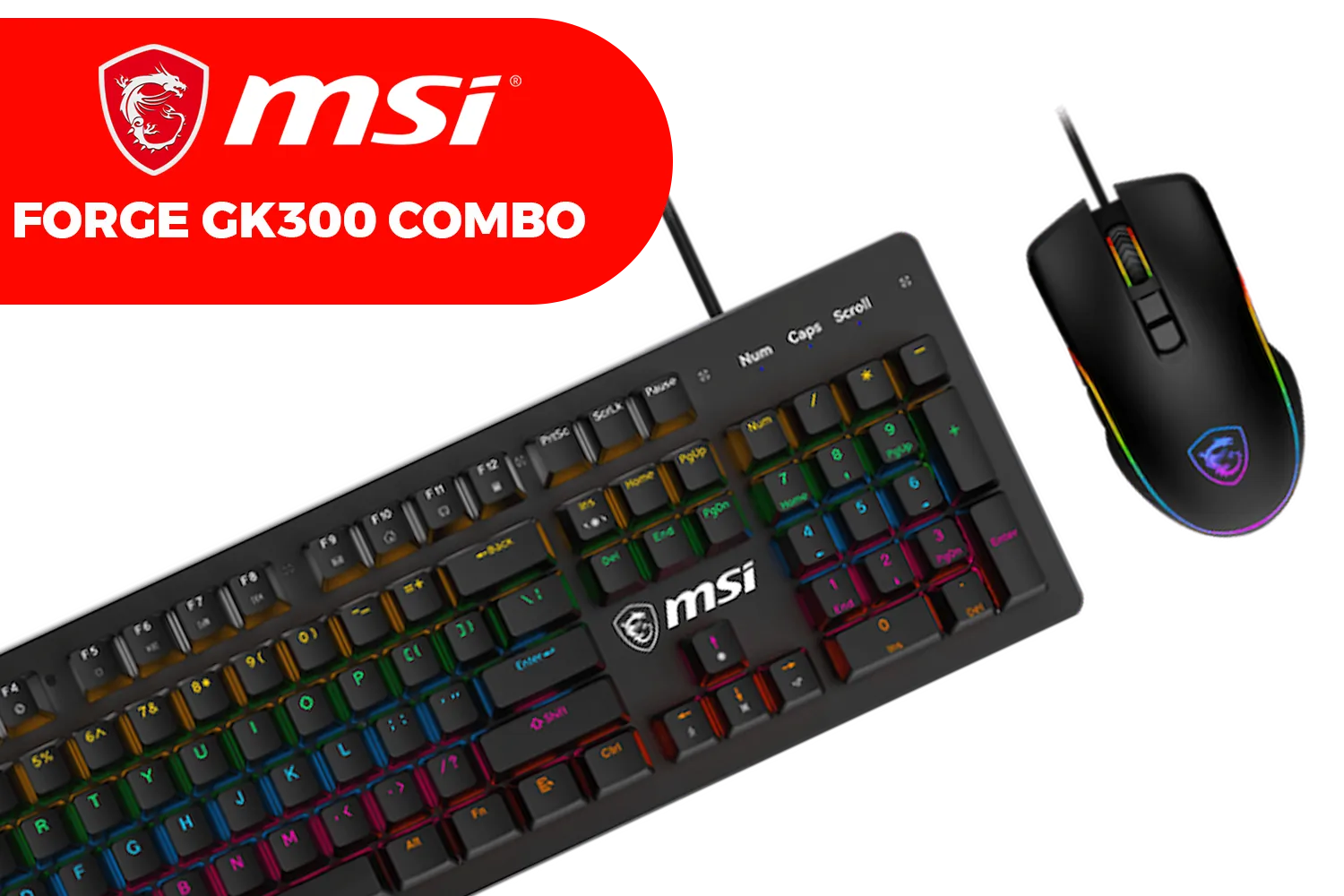
A mechanical keyboard, on the other hand, uses an individual mechanical switch under every single key. Each switch contains its own housing, spring, and stem. When you press a key, this physical switch is activated, sending a signal to your PC.
This design is the core reason why a mechanical keyboard is worth it. It provides superior precision, a much longer lifespan, and a distinct tactile feel that membrane boards simply can’t replicate.
Short answer: Yes. Absolutely. Here’s why investing in a good mechanical keyboard will elevate your entire PC experience.
The biggest advantage is the actuation point—the exact point at which a key press is registered. On a mechanical keyboard, this point is crisp and consistent. You know when the key has been pressed. This means faster, more reliable inputs during intense gaming sessions. No more ghosting or wondering if your ability actually fired. This reliability is a massive advantage in competitive play.






Think of it as a long-term investment. A typical membrane keyboard is rated for about 5-10 million keystrokes. A good mechanical keyboard? We're talking 50 million, 80 million, or even 100 million keystrokes per switch. This gear is built to last through years of gaming marathons and intense typing sessions. Even many affordable gaming keyboards in South Africa now feature durable mechanical switches, making the upgrade more accessible than ever.
"feel" of a mechanical keyboard comes from its switches. The three main types are: Linear (Reds): Smooth, quiet, and fast. Perfect for gamers who need rapid, repeated keystrokes. Tactile (Browns): A small, noticeable bump on the way down. A great all-rounder for both gaming and typing. Clicky (Blues): A tactile bump plus an audible "click" sound. Incredibly satisfying for typists, but might be noisy for streaming!
One of the best parts of owning a mechanical keyboard is the world of customisation it opens up. You’re not just stuck with what comes out of the box.
You can completely change the feel of your board by swapping out the keyboard switches for a different type. Want a new look? A fresh set of custom keycaps can transform the entire aesthetic of your setup, from colour schemes to unique fonts. For those long sessions, adding one of our comfortable and ergonomic wrist rests can make a huge difference to your comfort and prevent strain.






The bottom line in the mechanical vs membrane keyboard showdown is clear. While a membrane board gets the job done, a mechanical keyboard is a true upgrade that you can feel with every press. It’s a more precise, durable, and satisfying tool for anyone who takes their PC time seriously. Ready to find yours? Check out some of the best gaming keyboard deals available right now.
Ready to Feel the Difference? The mechanical vs membrane keyboard debate has a clear winner for any serious gamer or typist. The precision, durability, and sheer satisfaction are unmatched. Explore our massive range of gaming keyboards and find the perfect board to elevate your setup.
Yes. Mechanical keyboards offer faster actuation, superior tactile feedback, and greater durability. These features provide a more responsive and reliable experience, giving gamers a competitive edge.
The core difference lies in the switch technology. Mechanical keyboards use individual, spring-loaded switches under each key, while membrane keyboards use a single rubber dome sheet.
Absolutely. Most mechanical switches are rated for 50-100 million keystrokes, far exceeding the typical 5-10 million keystroke lifespan of a standard membrane keyboard.
For many, yes. The enhanced tactile feedback and wide variety of switch types can lead to a more comfortable, accurate, and satisfying typing experience, often reducing finger fatigue.
Their higher cost is due to complex construction using individual switches, higher-quality materials, and advanced features like N-key rollover, leading to enhanced durability and performance.
The primary benefits include superior durability, a better and more consistent typing feel, faster response times, and extensive customization options for switches, keycaps, and lighting.